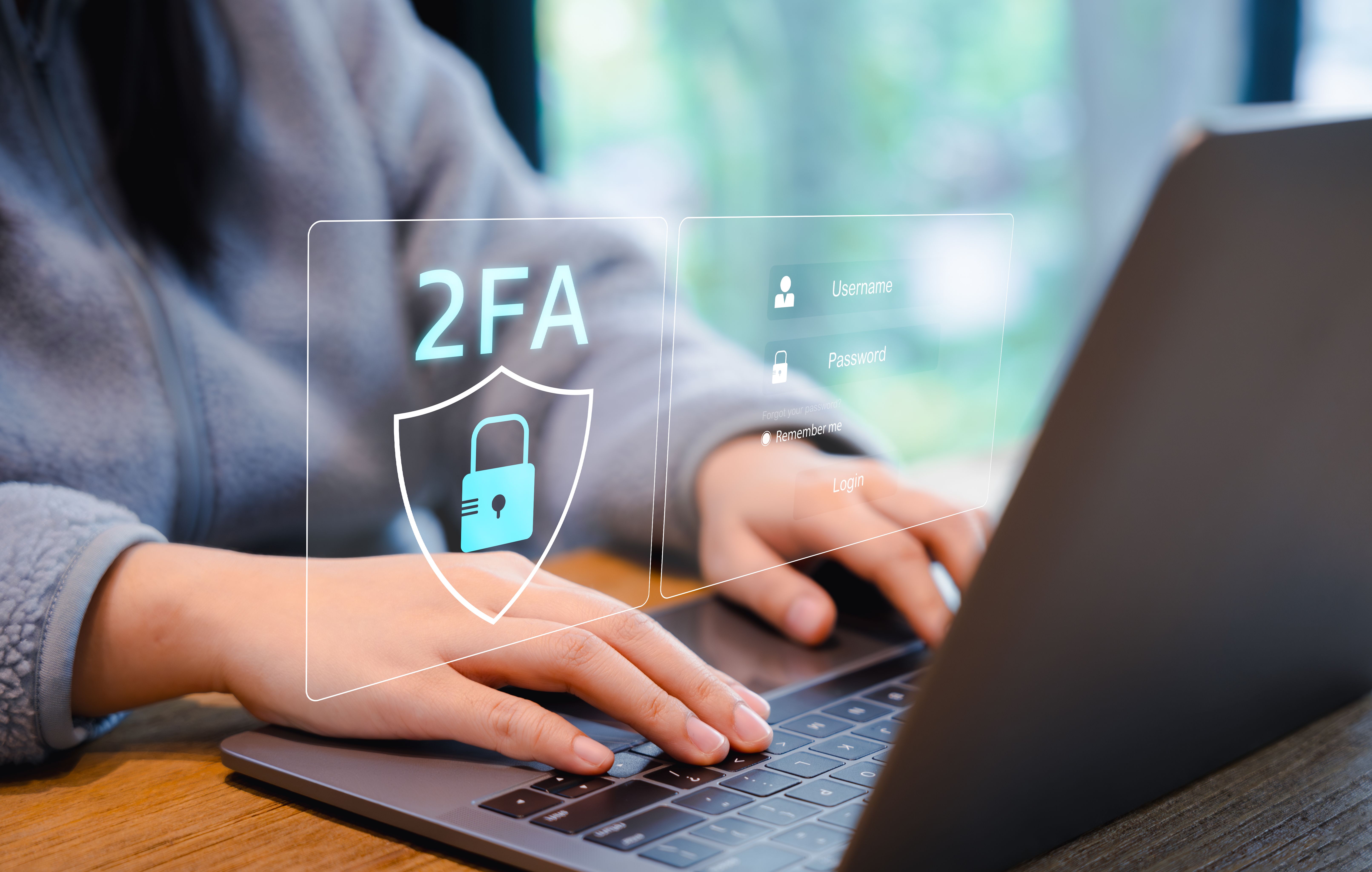WordPress Backup Plugins: Potential Security Risks and Solutions
Understanding the Importance of WordPress Backup Plugins
WordPress backup plugins are essential tools for website owners, providing peace of mind by ensuring that data is safely stored and recoverable in case of unexpected issues. These plugins allow users to create copies of their content, safeguarding against data loss from hacks, server failures, or human errors. However, while they offer tremendous benefits, it's crucial to recognize the potential security risks that accompany their use.
Common Security Risks Associated with Backup Plugins
One of the primary security risks with WordPress backup plugins is the improper storage of backup files. If these files are not stored securely, they can become easy targets for cybercriminals looking to exploit vulnerabilities. Additionally, outdated plugins can pose significant security threats as they might harbor unpatched vulnerabilities that hackers can exploit.
Another potential risk is weak authentication mechanisms. Backup plugins that do not enforce strong password policies or two-factor authentication may leave your website's backups susceptible to unauthorized access. This lack of robust security measures can lead to serious data breaches.
Exposing Sensitive Information
Backup files often contain sensitive information such as database credentials, user information, and site configuration details. If these files fall into the wrong hands, the repercussions can be severe. Consequently, it is imperative to encrypt backup files and ensure they are stored in a secure location.

Enhancing Security for WordPress Backup Plugins
To mitigate these risks, it's crucial to follow best practices when selecting and using WordPress backup plugins. Start by choosing a reputable plugin from a trusted developer, as they are more likely to provide regular updates and security patches. Regularly updating your plugins and WordPress core is vital to ensure you have the latest security enhancements.
Implementing Strong Authentication
Ensure that your backup plugin supports strong authentication mechanisms. Enable two-factor authentication and use complex passwords to enhance security. Additionally, consider restricting access to your backups by allowing only specific IP addresses or users to access them.

Secure Storage Solutions
Opt for secure cloud storage solutions for your backups instead of storing them on the same server as your website. This approach minimizes the risk of losing both your site and its backups in a single attack. Many plugins offer integration with cloud storage providers like Google Drive, Dropbox, and Amazon S3.
Regular Monitoring and Testing
Regularly monitor your backup processes and conduct tests to ensure your backups are functioning correctly and can be restored when needed. Schedule periodic checks to verify the integrity of your backup files and update your security settings as necessary.
By being proactive and implementing these security measures, you can significantly reduce the risks associated with WordPress backup plugins, ensuring that your website data remains safe and recoverable at all times.
